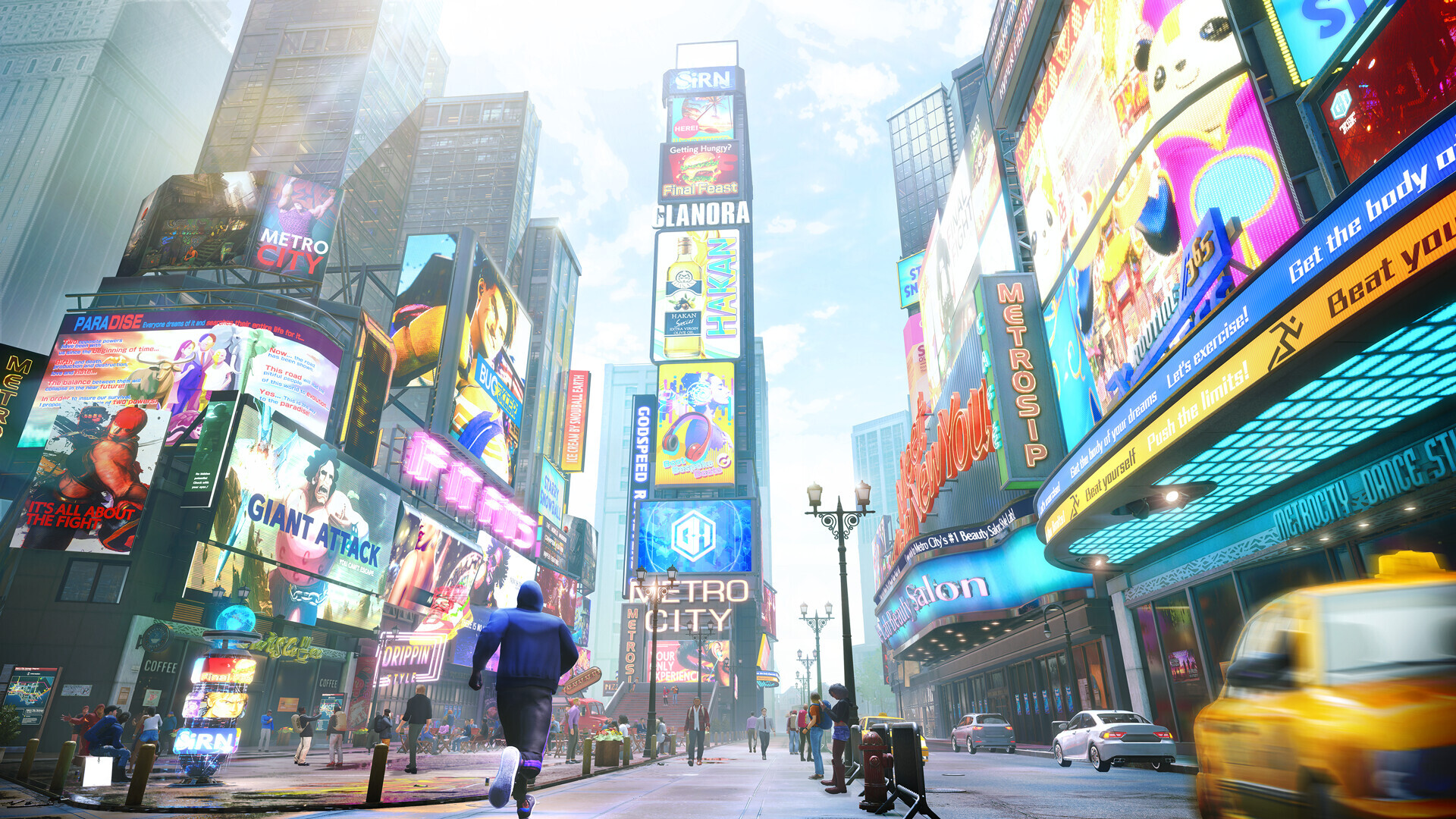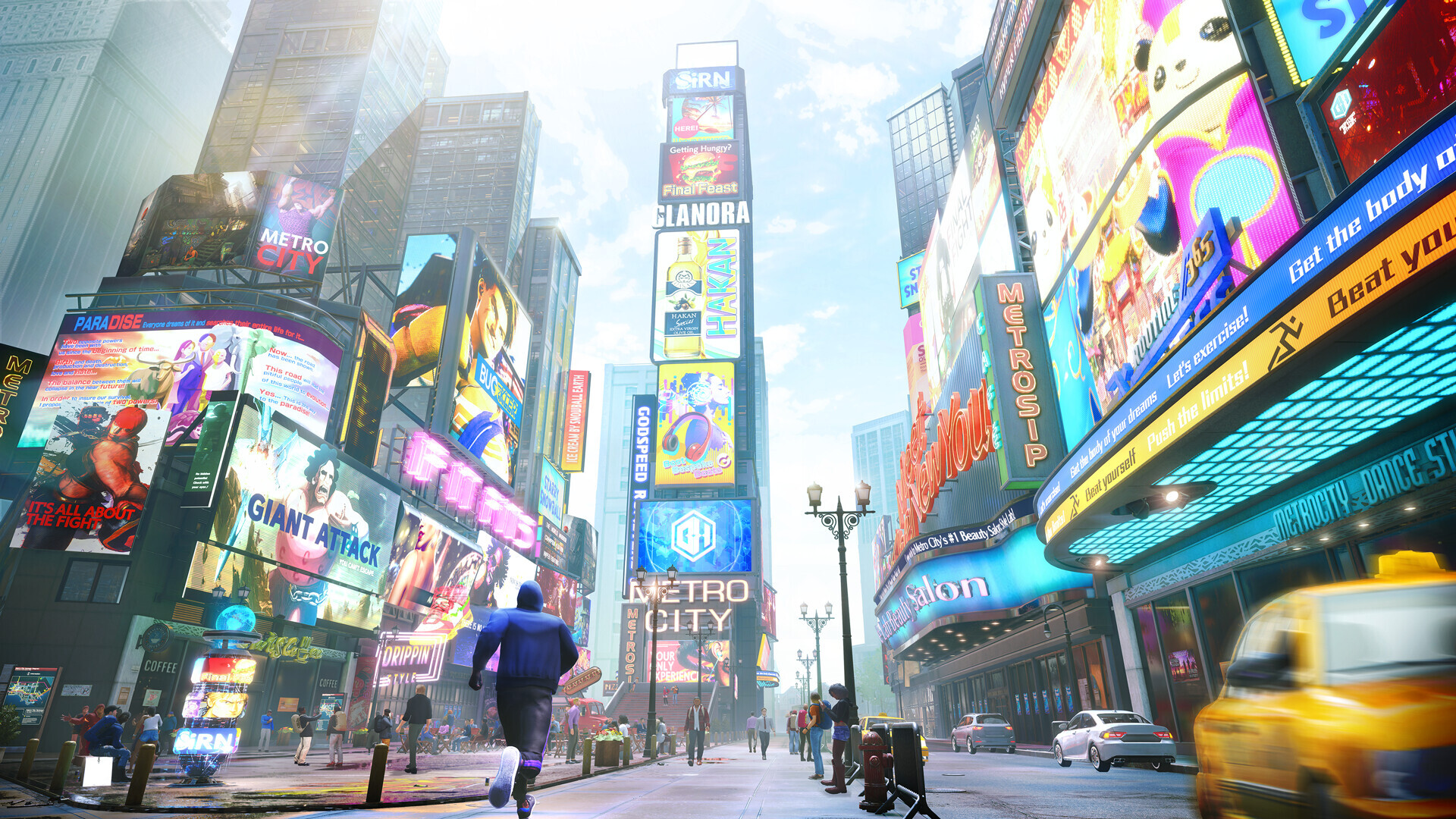A Street Fighter 6 “New Challenger Art Contest” winner has been disqualified for using stolen AI-generated artwork. Similar cases show: This is not a new issue.

For the Street Fighter 6 community, it was supposed to be a highlight: the official New Challenger Art Contest once again gave fans the chance to have their own artwork featured in the game, becoming part of the legendary fighting game series themselves. But this year, the excitement was overshadowed when Capcom officially disqualified one of the winning entries – the reason: allegedly stolen artwork created with the help of generative AI.
Suspicion Came from the Community
As Capcom confirmed in a statement, the entry violated the contest rules, specifically Section 5, which clearly states that the submitted design must be the entrant’s original creative work and that the use of generative AI is strictly prohibited. The controversy was uncovered by the community itself: a user named Hoodratt investigated the suspicious entry and discovered inconsistencies strongly indicating AI usage.
Capcom has not yet revealed exactly which character was affected. However, research suggests it may have been an artwork of Kimberly. Notably, the so-called “artist” appears to have deleted their social media profiles after the allegations became public – further evidence that the claims hold weight.
We want to extend a big thanks to everyone who participated in the latest Street Fighter Art Contest New Challenger Edition.
— Street Fighter (@StreetFighter) July 25, 2025
Unfortunately, we have determined that one of the winning entries violated contest rules, specifically Section 5 pertaining to: Entry Submission and...
The Problem with AI and Stolen Content
The disqualification once again shines a light on a growing problem in the art and gaming scene: generative AI tools like Midjourney or Stable Diffusion make it extremely easy to generate designs at the push of a button – often based on existing artworks. Many AI images “quote” or directly copy real artists and their works without permission. This is why more and more competitions explicitly ban the use of AI – just like Capcom did.
The community widely welcomes this approach. After all, the whole point of such fan contests is to give real artists a platform – not to reward generators that mimic others’ styles.
Not the First Case: Parallels to Counter-Strike
Street Fighter is far from alone in this. Other games have faced similar scandals: in Counter-Strike: Global Offensive, the well-known skin M4A4 Howl was turned into a notorious “Contraband” weapon in 2014. The reason: the skin was based on stolen artwork from a DeviantArt artist. Valve had to remove the skin from community workshops and replace it with a unique redesign.
Another example is the AWP Doodle Lore, a popular skin that was removed from the game in 2023 after it turned out the graphics had been copied without permission. Both scandals show, that the misuse of intellectual property is not an isolated problem – and the damage to artists and publishers alike is significant.
AWP Doodle Lore features stolen design
— ohnePixel (@ohnePixel) February 12, 2023
DMCA apparently on the way https://t.co/Hox2St1kbO pic.twitter.com/weQ7tUzvGt
Capcom Responds Decisively
Capcom has announced that the disqualified artwork will remain available in the Battle Hub until the voting period ends. Afterwards, it will be replaced with a new illustration. For the community, this incident is a clear reminder: creativity and originality must come first – anyone who cheats will be disqualified.
With the increasing spread of AI tools, it is becoming more and more important for organizers of such contests to carefully vet submissions. The good news is that many fans now take this task into their own hands and expose plagiarized works.
This case clearly shows that while generative AI can be impressive, it also brings major problems when it violates rules and rights. Let’s hope that publishers like Capcom continue to stay vigilant so that real artists get their chance without AI cheaters stealing the spotlight.


































